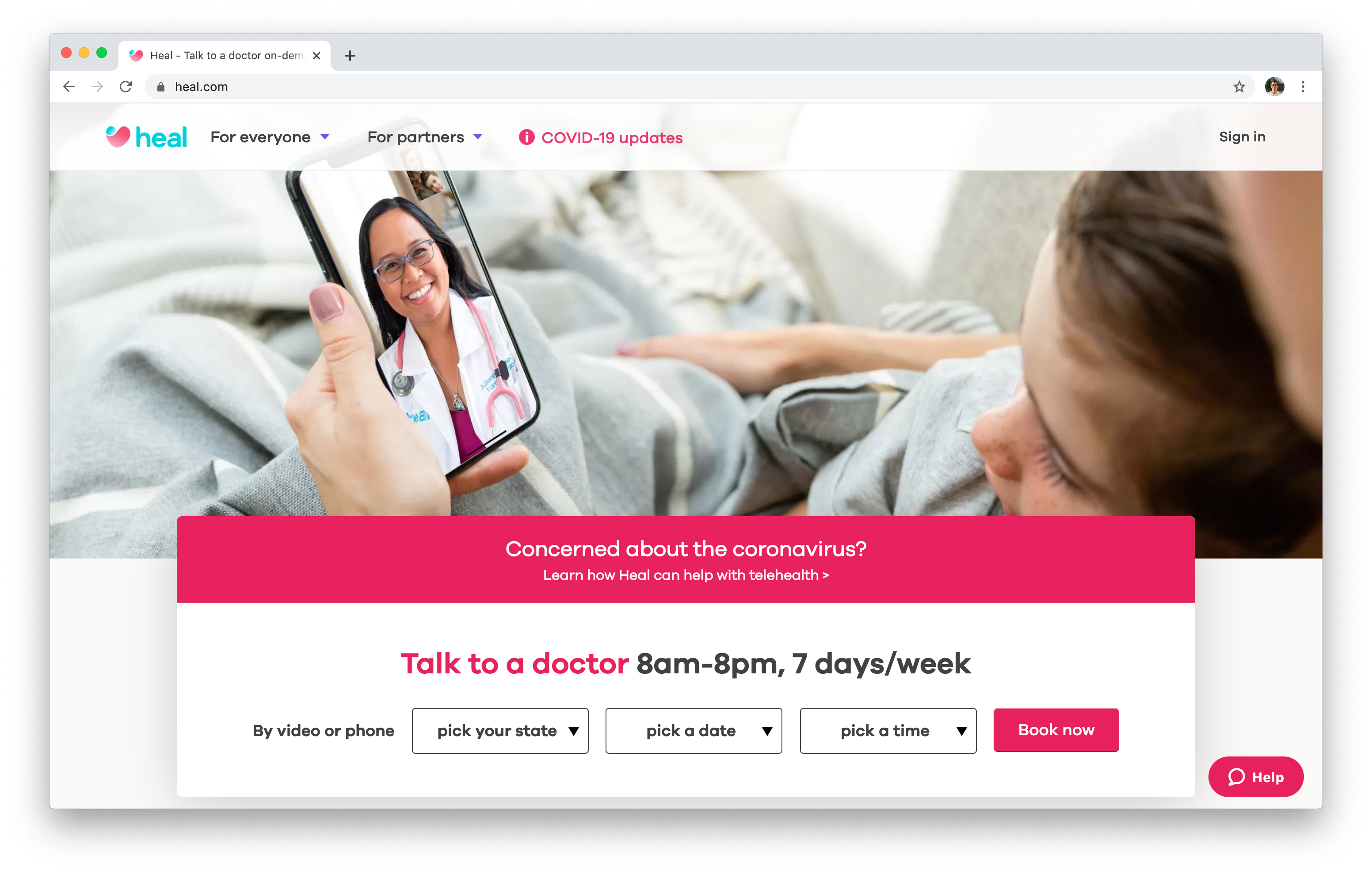Unlocking the Tricks of Subscription Based Healthcare for Better Patient Outcomes
Unlocking the Tricks of Subscription Based Healthcare for Better Patient Outcomes
Blog Article
The Rise of Subscription-Based Healthcare and Its Effect On Client Care
As health care develops, the subscription-based model is acquiring grip, assuring to reinvent individual treatment by providing predictability and access. The capacity for these versions to reshape medical care delivery increases pressing questions regarding their lasting sustainability and inclusivity. Are these subscription solutions the future of healthcare, or do they run the risk of leaving susceptible populations behind?
Understanding Registration Medical Care Versions
Comprehending the concept of subscription health care designs entails checking out a transformative method to clinical services that emphasizes price and access. These designs, frequently referred to as direct health care (DPC) or concierge medication, have actually become innovative alternatives to conventional fee-for-service health care systems. Membership health care permits clients to pay a set month-to-month or yearly cost for a defined collection of clinical services, which may include unrestricted workplace gos to, routine examinations, and standard laboratory tests, without the requirement for traditional insurance billing.
The framework of subscription health care models is designed to enhance person treatment by removing third-party payers and complex billing codes, thus lowering management worries. Doctor can concentrate more on individual treatment, fostering stronger patient-provider connections. This model likewise promotes preventative care by motivating routine sees, as the economic obstacle of per-visit costs is removed.
The subscription design typically empowers medical care service providers to take care of smaller client panels, enabling even more personalized treatment. It aligns financial motivations with individual wellness outcomes, as suppliers are motivated to preserve patient contentment and health. Generally, comprehending membership medical care models needs identifying their possible to reshape exactly how treatment is supplied and accessed.
Benefits for Patients and Carriers

With a consistent revenue stream, medical care specialists can commit even more time to each client, leading to an extra comprehensive and customized treatment experience. The focus on preventive care within subscription plans can lead to far better person end results and reduced long-term medical care expenses.
Concerns and challenges
While subscription-based health care models existing various benefits, they likewise come with a collection of challenges and problems that have to be addressed. This elevates moral concerns concerning fair access to health care services.
Financial sustainability of subscription-based why not find out more models is one more concern. Suppliers have to stabilize the set earnings from subscriptions with the variable costs of healthcare solutions, which may fluctuate due to unforeseen medical demands. This can develop stress to restrict services or increase charges, potentially impacting individual satisfaction and care quality.
In addition, governing oversight of subscription-based medical care designs is still developing. Dealing with these obstacles is essential for the effective and fair application of subscription-based medical care.
Effect On Patient-Doctor Relationships
One significant impact of subscription-based healthcare models on patient-doctor partnerships is the possibility for improved continuity and individualized care. By adopting a registration design, physicians can manage a smaller person panel, enabling even more committed time with each person. This raised accessibility fosters a much deeper understanding of a client's case history, way of living, and preferences, making it possible for a lot more customized treatment strategies and interventions.

Nevertheless, it is very additional info important to identify that while subscription-based versions may benefit those who can afford them, they can unintentionally expand healthcare variations. Clients who are incapable to participate in these versions could experience reduced access to personalized care, possibly influencing their relationships with medical care carriers. Therefore, while the membership design provides promising benefits for patient-doctor connections, it likewise positions challenges that require to be dealt with to ensure fair healthcare gain access to.
Future of Health Care Access

The duty of modern technology can not be forgotten in this improvement. Telemedicine platforms and digital wellness documents help with smooth interaction in between people and healthcare service providers, breaking down logistical and geographical obstacles. In addition, developments in fabricated intelligence and data analytics can better individualize healthcare by anticipating client needs and optimizing treatment strategies.
However, the future of health care accessibility also offers challenges, such as guaranteeing equity across different socio-economic teams. Policymakers and medical care providers need to team up to connect the electronic divide, guaranteeing that subscription-based versions stay affordable and inclusive. As these systems develop, they hold the assurance of making health care more available, efficient, Recommended Site and patient-centric.
Conclusion
Subscription-based health care models are improving client care by providing a steady price framework and enhancing availability. These versions strengthen patient-provider partnerships with customized care and regular visits, highlighting preventative health and wellness. In spite of these benefits, obstacles such as accessibility issues for low-income populations and the requirement for fair healthcare remedies continue. The rise of subscription-based healthcare urges proactive individual interaction, which has the potential to enhance individual results and contentment, indicating a transformative shift in healthcare shipment.
As medical care evolves, the subscription-based model is acquiring traction, assuring to transform client treatment by offering predictability and ease of access.Subscription-based medical care models provide unique advantages for both patients and companies, enhancing the general health care experience.As medical care systems evolve, the future of medical care accessibility frequently hinges on the assimilation of ingenious models and technologies.Subscription-based health care models are reshaping person treatment by giving a secure cost framework and enhancing ease of access. The surge of subscription-based medical care motivates positive client interaction, which has the potential to improve client end results and fulfillment, signifying a transformative change in healthcare distribution.
Report this page